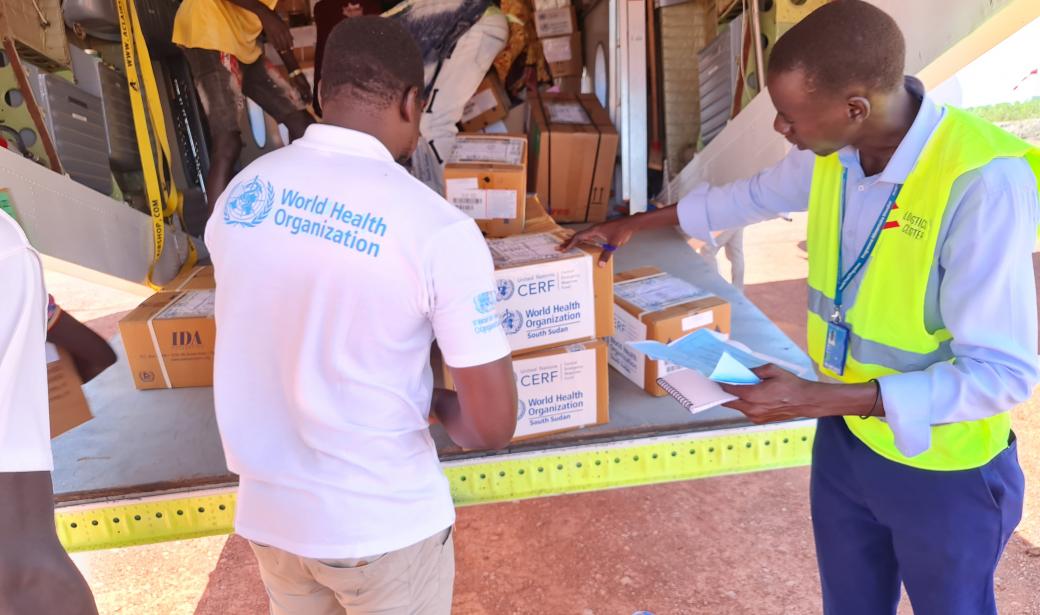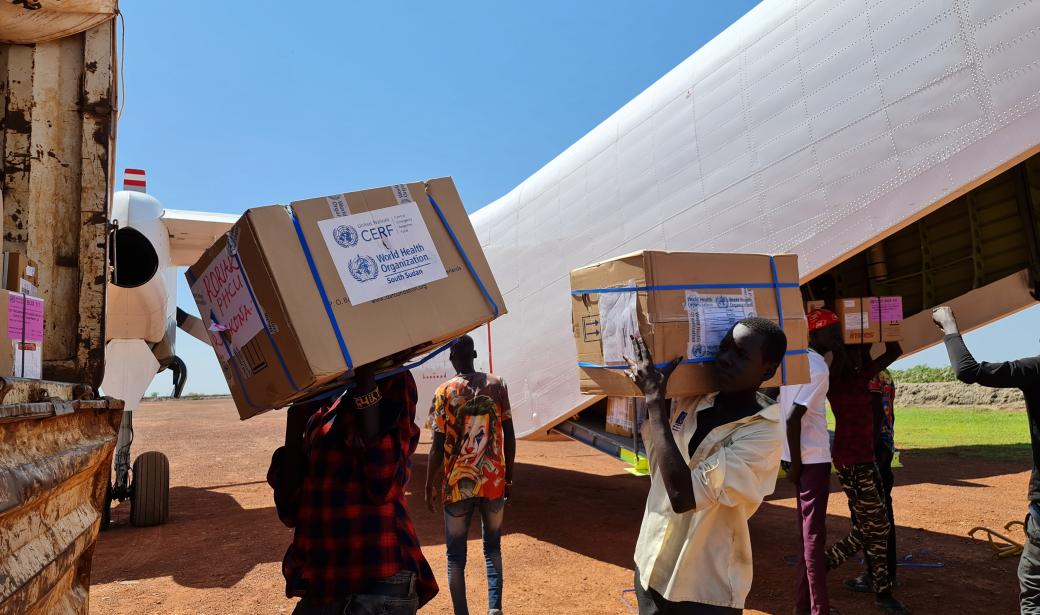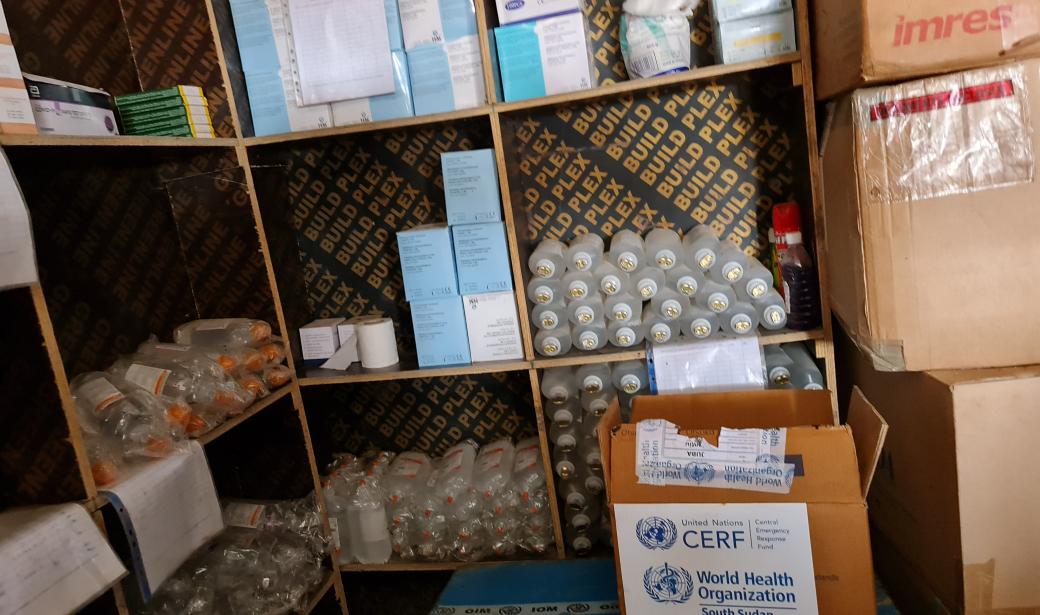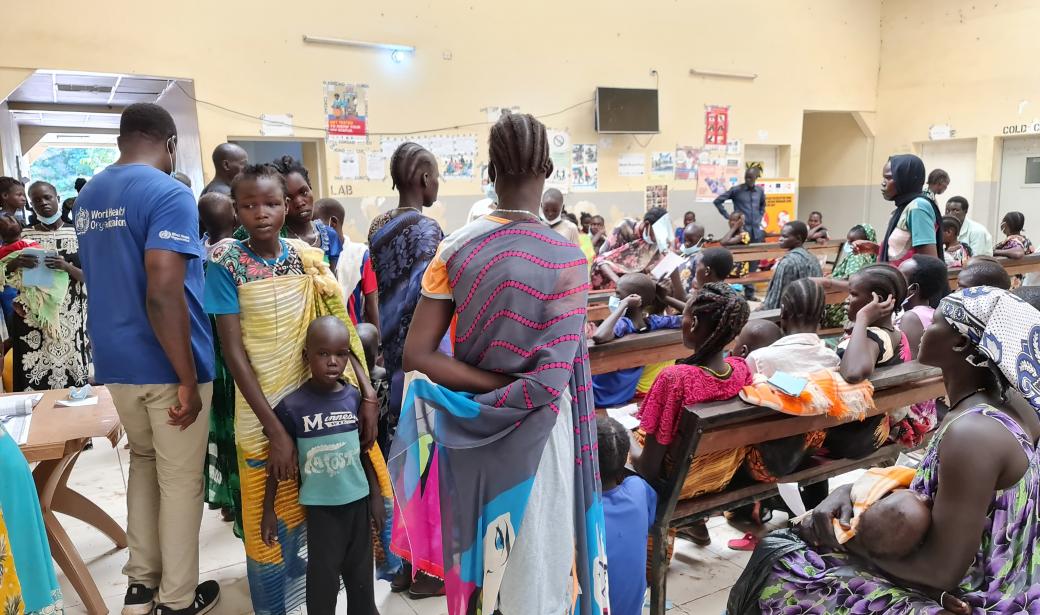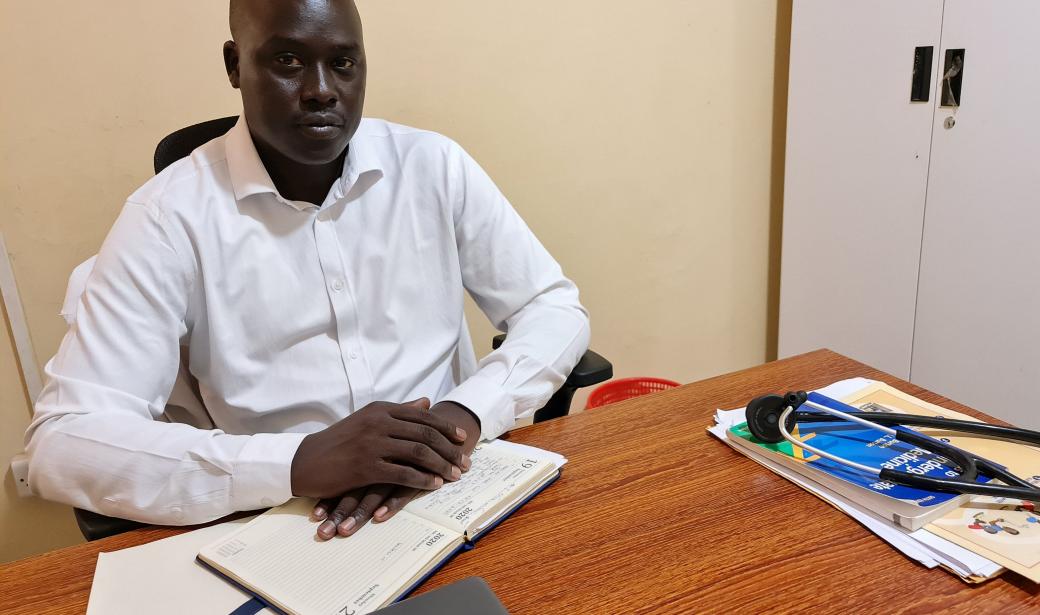Bentiu, South Sudan - Since 2021, Unity State in the northern Greater Upper Nile region of South Sudan has been hit by severe flooding that has displaced more than 220 000 people. In addition to exacerbating food insecurity, the floods have restricted local populations’ access to basic health care services and increased the spread of potentially fatal diseases such as malaria.
With funding from the UN Central Emergency Response Fund (UN CERF), the World Health Organization (WHO) has sought to help reduce the adverse health impact of the humanitarian crisis that has resulted from the recurrent flooding. Among other critical interventions, the Organization has helped to make available essential and often life-saving drugs and supplies for both fixed and mobile health facilities all across the affected counties of Unity State.
Communications Officer
WHO Rwanda
Mobile: +250 795 450 856
Email: ebrahimj [at] who.int (ebrahimj[at]who[dot]int)



